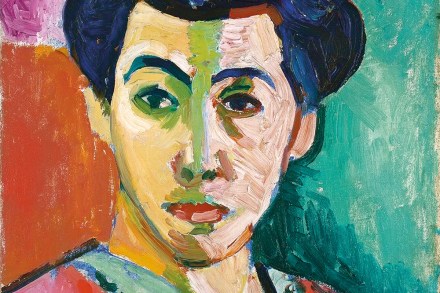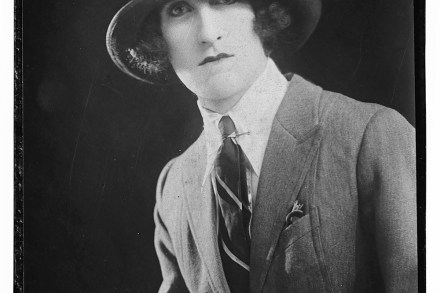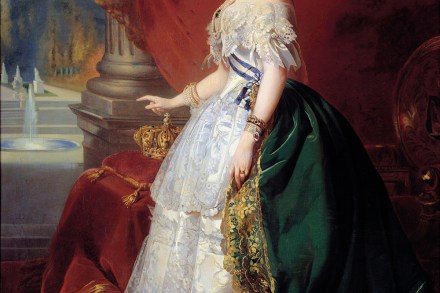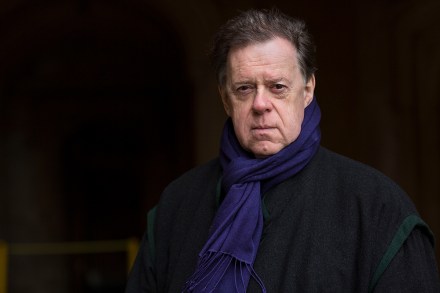A picture of jealous rivalry: Madame Matisse, by Sophie Haydock, reviewed
‘Your muse or your wife’ is quite the ultimatum to throw at an artist. But that was the choice Henri Matisse faced in 1939 when his wife of 30 years (you might know her as ‘Woman with a Hat’, 1905) had had enough of Lydia Delectorskaya (‘The Pink Nude’, 1935). It’s a dilemma which forms




















